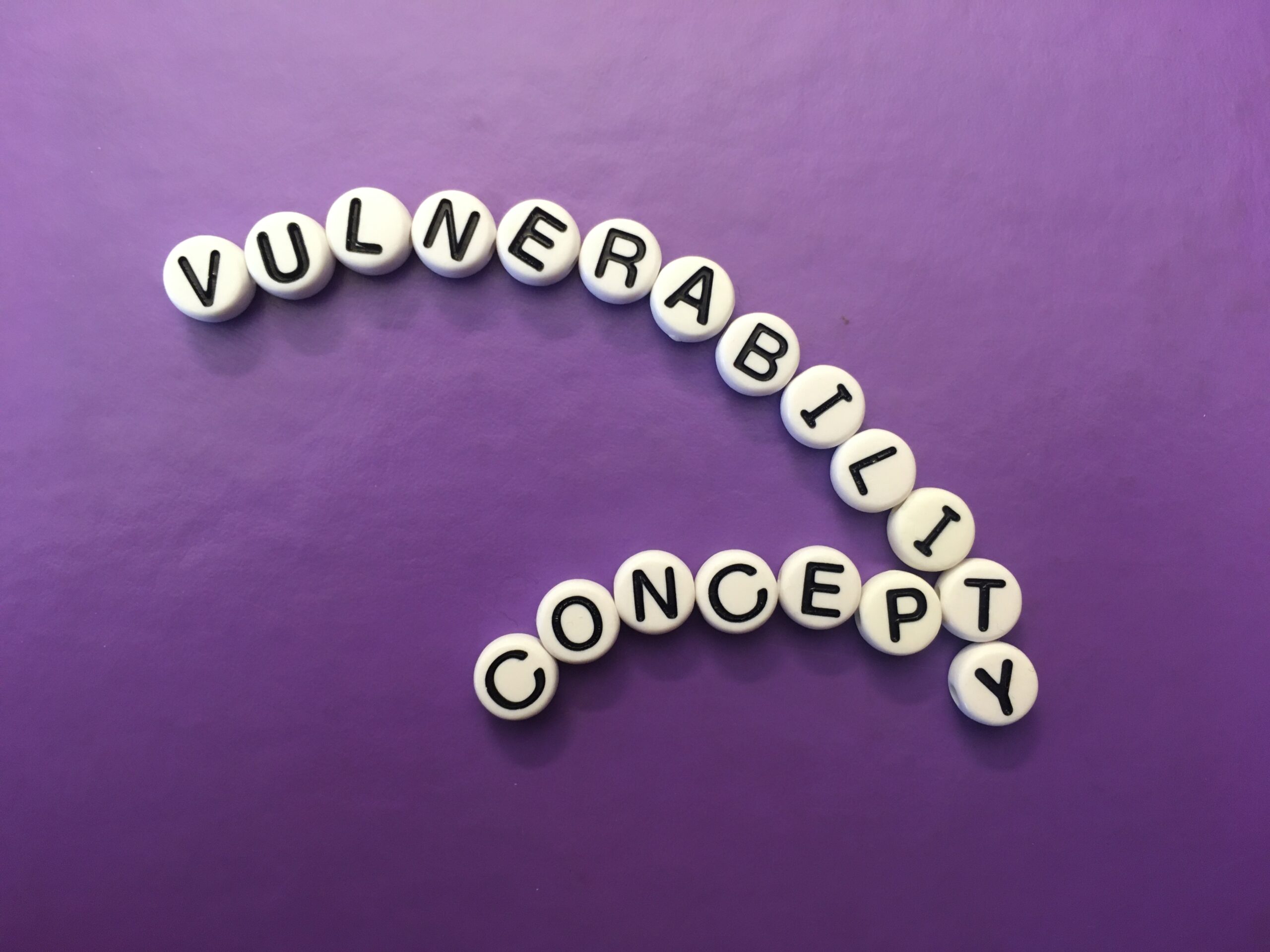The research project “The concept of vulnerability in the context of human rights” (P32130-G31) – Background and research questions
On 15 April 2019 the FWF funded research project “The concept of vulnerability in the context of human rights” was officially launched. The starting point of the project was the fact that the three researchers involved in the project, Margit Ammer, Monika Mayrhofer and Katrin Wladasch, observed that the concept of vulnerability started to increasingly show up in all their research fields (asylum law and policies, equality and anti-discrimination and climate change-related mobility). However, they also observed that although the concept was increasingly used, it was hardly ever clearly defined and its relationship to the concepts of equality and anti-discrimination, the two concepts “traditionally” used and comprehensively defined in the human rights context, was seldomly explored. Thus, they decided to make a research project out of it and carry out case studies in the three research fields mentioned above. Please read about the starting points, the objectives and the research questions in this blog entry.
Monika Mayrhofer
Vulnerability has become a buzzword in public, academic and political debates. It has been used in a diversity of thematic fields such as development cooperation, climate change, humanitarian aid, asylum and migration, equality and non-discrimination or in the context of the health system. The concept of vulnerability has not only been utilized in policy fields and legal instruments closely related with human rights issues, it has also been deployed in an explicit human rights context such as human rights policy documents, reports and jurisprudence. The usage of the concept is, thus, implicitly assumed to enhance the protection of human rights. This assumption, however, has also attracted criticism and the concept has been questioned as it might have problematic effects when put into practice.
Although there has been some academic discussion on the substance, implications and application of the concept from a human rights perspective, a comprehensive and comparative exploration of the concept as well as the analysis of the relationship, complementarities, overlaps, ambiguities, delimitations or even inconsistencies of vulnerability with the concepts of (in)equality and (non-)discrimination based on empirical research is still missing.
The proposed research project aims at contributing to fill this gap by
- undertaking a thorough review and assessment of the academic debate on this concept and systematically analysing different dimensions of the concept of vulnerability based on theoretical analysis as well as empirical research and, thus, contributing to the clarification of the concept(s) of vulnerability and the objectives of its/their application(s);
- analysing the concept of vulnerability in relation to and delineating it from other ‘competing’ concepts or concepts with similar objectives in order to grasp the different meanings, implications, and benefits or challenges of the different concepts. In addition, the project aims at analysing the potentials, challenges, and problems of the concept of vulnerability from a human rights perspective;
- carrying out empirical research on the application of the concept on the basis of case studies in three policy fields: asylum law and policies, environment/climate change-related mobility, and equality and anti-discrimination. The areas chosen are thematic fields where the concept is used increasingly and/or extensively and where the researchers involved have long-standing and profound academic expertise.
In doing so, the project aims to address the following research questions:
- What is/are the substance/s and ontological premises of the concept of vulnerability? What are the theoretical underpinnings, definitions and narratives of the concept?
- What are the objectives, the motivations and legitimation for introducing and using the concept in research, in legislation and in political and juridical practice, especially in the fields of asylum, climate change (and migration), equality and non-discrimination and human rights in general?
- How is vulnerability in theory and in political and legal practice differing from, contradicting or overlapping with the concepts of (in)equality and non-discrimination? What are the narratives and stories associated with these different concepts by legal and policy-relevant actors? What are the advantages and disadvantages in comparison to these other concepts?
- What is the role of the concept of vulnerability with regard to the guarantee of human rights, especially concerning the containment of discrimination and to the enhancement of equality (for example, with regard to equal access to rights or participation)?
- What are the consequences of the concept concerning structural dimensions of inequality and indirect discrimination?
- Who (e.g. individuals, organizations, bodies) is/are privileged to speak and who has no say in the process? What knowledge and resources do policy-relevant actors and legal stakeholders draw from? How does it shape political consciousness and the experiences of individual and groups affected? What are the consequences for those, who are not included in the concept?
- How and in what way does the concept of vulnerability shape laws, regulations, institutional settings and procedures and, in general, political and legal action in a specific case?
- What are differences and similarities of the understanding as well as of the application of the concept of vulnerability in the three policy fields/case studies?

Contacts
